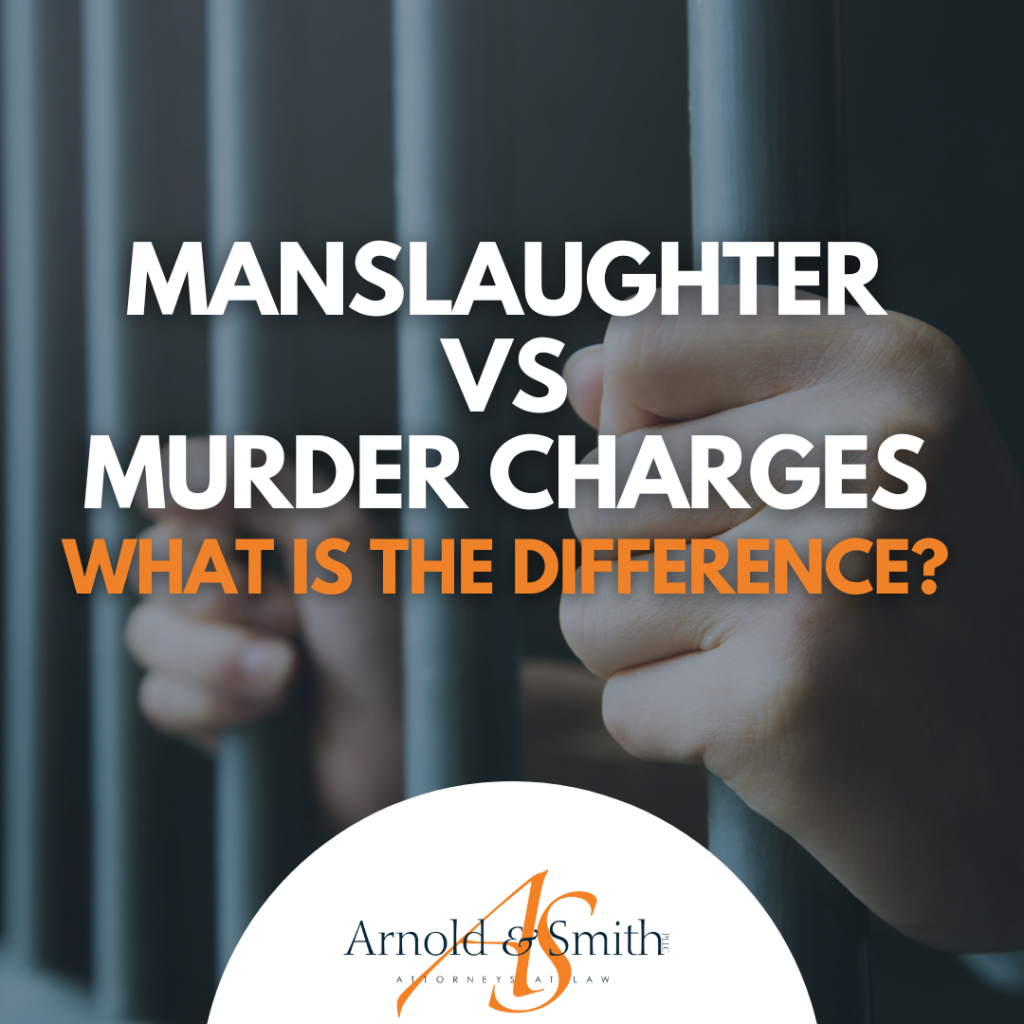 What is the Difference Between a Manslaughter and Murder Charge?
What is the Difference Between a Manslaughter and Murder Charge?
If you are facing manslaughter or murder charges you know that you could face serious consequences if you are found guilty. These are charges that you must take seriously because you could end up behind bars for a significant period of time. Generally, murder charges are more serious because they refer to an intentional killing while manslaughter is unintentional.
A strong defense is essential, regardless of the charges against you. An experienced criminal defense attorney will vigorously protect your rights and defend the charges. It is helpful to understand the difference between manslaughter and murder charges in North Carolina.
 Charlotte Criminal Lawyer Blog
Charlotte Criminal Lawyer Blog



